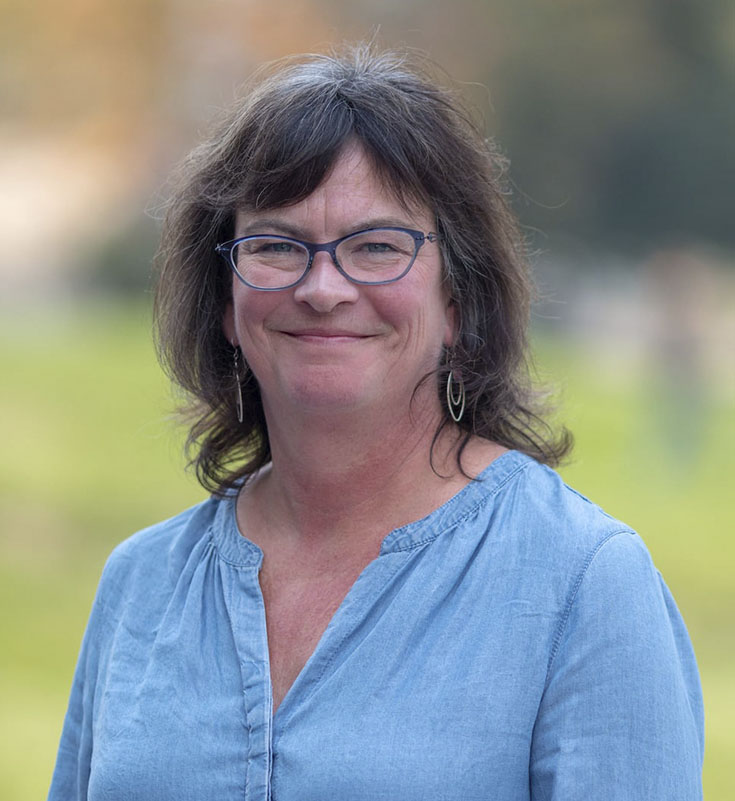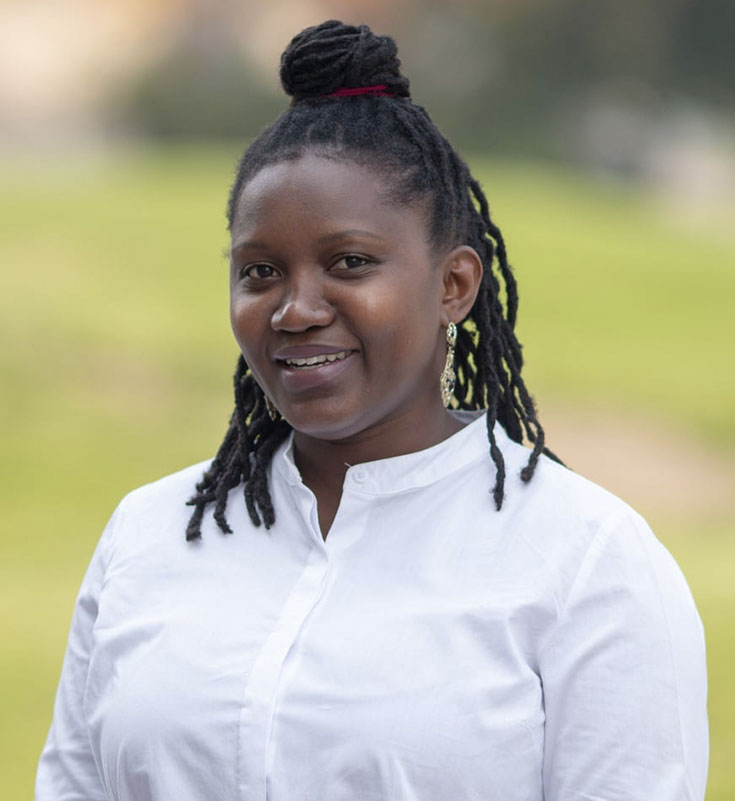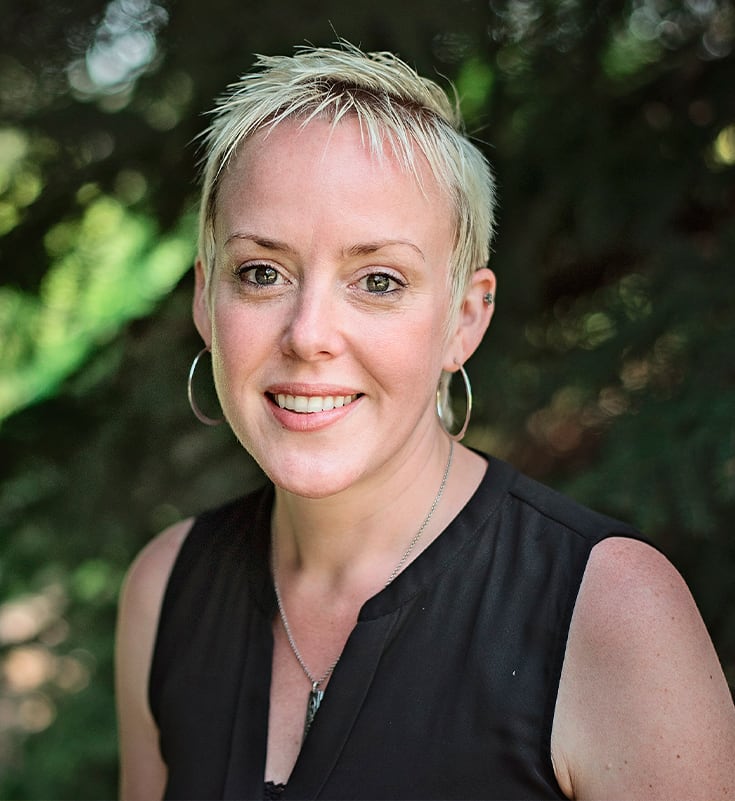Intercultural Development Inventory
About the Intercultural Development Inventory
The Intercultural Development Inventory (IDI) is a powerful tool to help individuals and teams assess and reflect on stages of cultural sensitivity. The (IDI) was developed by Dr. Mitchell Hammer and Dr. Milton Bennett as an empirical measurement of intercultural sensitivity as conceptualized by Bennett’s Developmental Model of Intercultural Sensitivity (DMIS).
The DMIS has been used extensively in intercultural education and training since 1986 as a framework for explaining the reactions of people to cultural difference. The DMIS identifies a set of cognitive structures (or “worldviews”) that act as orientations to cultural difference which move along a developmental scale from stages of ethnocentrism through stages of ethnorelativism. The IDI is a valid, reliable tool to measure an individual’s (or group’s) fundamental worldview orientation to cultural difference according to the DMIS stages.
What is the IDI?
- A theory-based (not opinion-based) inventory which meets standard scientific criteria for a valid and reliable psychometric instrument.
- A 50 item questionnaire available in 15 languages.
- The IDI is currently being used by over thousands of Qualified Administrators in over 30 countries.
Why use the IDI?
- To assess cross-cultural competencies for teams or individuals working in cross-cultural situations.
- To understand and identify developmental stages of students.
- To encourage reflection and strategizing for multicultural teams.
- To determine areas that facilitate, or limit, cross-cultural competence for teams or individuals.
- To increase self-awareness of intercultural competencies and encourage further development.
- To establish a language and conceptual framework for discussing intercultural interactions.
What is the purpose of the IDI?
The IDI can help respondents to:
- Understand the developmental stages of intercultural sensitivity through which people move towards greater intercultural effectiveness.
- Increase self-awareness for each individual respondent.
- Increase organization-level understanding of intercultural issues.
- Determine training and educational needs.
- Evaluate the effectiveness of training, counseling and education endeavors.
- Improve the intercultural skills of respondents.
- Prepare to enter a new culture, such as a multinational environment, a new country, or a domestic situation with cultural diversity.
How does it work?
- Participants complete a confidential (password accessed) online inventory.
- A Qualified IDI Administrator creates a graphic profile (for a group or individuals).
- IDI Administrator explains stages of the Developmental Model of Intercultural Sensitivity (DMIS) which is the theoretical base of the instrument.
- IDI Administrator provides graphic profile and interpretation.
- Teams or individuals reflect on results of inventory, strategize for further development and achieve greater understanding of reactions to cultural difference.
Qualified Administrators of the IDI

Kyra Garson
Kyra Garson is currently a faculty member in the Faculty of Student Development who works as the coordinator for interculturalization on campus. She is also an intercultural trainer and researcher who has developed and delivered professional development programs to educational institutions across Canada and internationally, as well as organizations and community groups committed to diversity initiatives. Her research interests include faculty development, multicultural group work and intercultural and global learning as core competencies for the 21st century. Kyra’s doctoral study entitled “Are We Graduating Global Citizens?” received the Canadian Society for the Study of Higher Education’s dissertation of the year award in 2014

Larry Iles
Larry Iles has an extensive education portfolio that he has applied throughout his 20+ years at TRU, all within Career and Experiential Learning. Larry works one-on-one with students helping them to develop their cover letters and resumes, networking and interview skills, and provide valuable knowledge about career development. In his spare time, Larry enjoys downhill skiing and golfing.
"My favorite moment working with students is when they have an experience and really connect it to their personal career development-and as a result, have this fantastic clarity about them and their next steps. This happens working with over 1,000 Co-op students and working with students in the career counselling model."

Brad Harasymchuk
Brad Harasymchuk began his career as a teacher. He has taught in elementary, secondary and post-secondary institutions in Canada and New Zealand. He completed his Master’s thesis at the University of Saskatchewan, which focused on place-based education (PBE). This research evoked a passion for social justice and PBE, which led him to pursue a PhD at the University of Canterbury in New Zealand where he delved deeper into critical pedagogies of place and decolonization. Brad is currently a Learning Strategist in the Faculty of Student Development. He has been working with the Intercultural Development Inventory since 2017.

Idah Msiska Watson
Originally from Zambia, Idah Msiska Watson Originally from Zambia, Idah Msiska Watson is a zealous Public Relations graduate from Thompson Rivers University (TRU) with a special desire for helping others. Having lived and studied in different countries, Idah is culturally sensitive, empathetic, and possesses a genuine passion for intercultural relations. “I think cross-cultural communication is very interesting and there’s a lot one can learn from it.” Through various projects at TRU, including her current role as Enrolment Services Officer, Idah continues to enjoy the privileges of supporting students from all walks of life. As a former international student herself, she has made it her mandate to ensure that every new student to TRU is safely integrated into the University and Canadian culture. Idah is well known throughout the TRU Kamloops campus and community for her empathy towards others and keen interest in learning and understanding cultural values. Her expertise in intercultural relations stem from extraordinary life experiences, and education, making her a valuable Intercultural Development Inventory (IDI) facilitator at TRU.

Amie McLean
Amie McLean is an Intercultural Coordinator in the Faculty of Student Development at TRU. Her background is in Sociology and her work has consistently focused on issues of equity, inclusion, and social justice in Canada. She is a Thompson Rivers’ alumni who went on to examine post-secondary education funding policies for Indigenous students for her Master’s degree. Her SSHRC-funded Ph.D. dissertation from Simon Fraser University examined the dynamics of culture, class, race, and gender in the BC-based long haul trucking industry. Her published work has examined issues of diversity, (in)equity, and inclusion/exclusion in policy, education, and the workplace.
Contact
Contact [email protected] for more information about the IDI.
